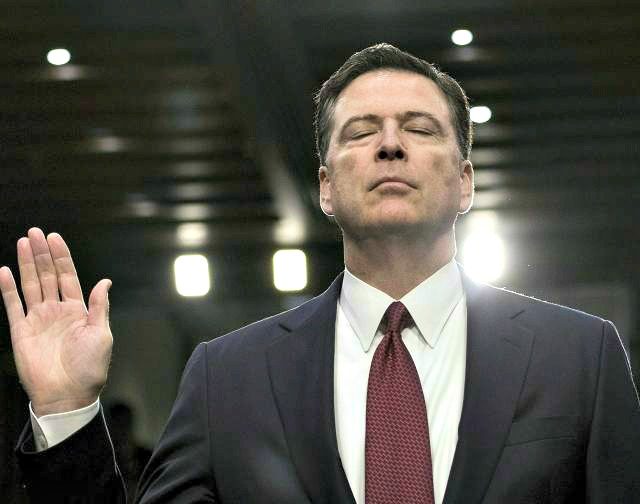Pastor Anyabwile is back to the pursuit of social justice with a series of posts, the most recent of which renders those not active in opposition to racism as complicit with previous generations’ sins:
The actual debate is about the extent to which the sins of previous generations still mark this generation, and, if so, whether people today will acknowledge and repent of it. What is in dispute is whether a mere claim to not being guilty of certain sins constitutes either repentance or innocence when the sins in view actually require active opposition and when we may be unaware of some sins (Ps. 19:12; 1 Cor. 4:4). The life the gospel produces ought to be actively anti-racist, anti-oppression, anti-family destruction, and so on.
How could Anyabwile leave out sexism and misogyny, or climate change? How can any American stand on that great day of judgment for sins covered in the national press?
One of his posts includes the point, not very controversial, that the gospel involves renovation of the Christian’s moral life:
…historically and at present we have an evangelical Christian church generally failing at the ethical half of the faith. That failure results from little teaching and inadequate understanding of gospel ethics, especially as it relates to the practice of justice on a range of issues.
The conservative and Reformed evangelical church receives a heavy dose of gospel doctrine (appropriately so) but not nearly enough discipleship in gospel duty. Its witness is being hurt by the latter (duty), not the former (doctrine). Or, to use Paul’s words to Timothy, there’s need for the church to “closely watch its life and doctrine.”
The social justice “debate” appears to me as a kind of spiritual and intellectual dissonance caused by some quarters of the church awakening to the ethical demands of God while other quarters resist that awakening or perceived excesses in it. From my vantage point, Christians pursuing justice are attempting to hold together evangel and ethic in renewed ways as they apply biblical texts and appropriate history. (I stress Christians here because I am not defending and am not a part of the large number of non-Christian things traveling beneath the banner of “social justice.”) To put it simply: Some Christians are trying to grow in their understanding and pursuit of Bible- and gospel-informed justice, while some other Christians are invested in protecting the gospel from threats they believe they see. My critique of the latter is that they appear to be severing evangel from ethic.
Here’s maybe not the but a thing: ethics is not justice. Ethics may not even be sanctification. But if social justice and supporting reform of the criminal justice system (which is desirable) is a form of sanctification, the good pastor has engaged in some serious baiting and switching.
Truth be told, the United States has a Department of Justice that is involved in much more than ethics:
To enforce the law and defend the interests of the United States according to the law; to ensure public safety against threats foreign and domestic; to provide federal leadership in preventing and controlling crime; to seek just punishment for those guilty of unlawful behavior; and to ensure fair and impartial administration of justice for all Americans.
Of course, recent controversies, from Russia to Missouri, have shown how flawed the execution of justice can be. But that’s the nature of society and justice in a fallen world. Heck, not even sanctification is entire in this life for the individual Christian.
So why does Pastor Anyabwile continue to talk about social justice in ways that indicate he is a Christian nationalist, that is, someone who thinks the United States should meet, not Jewish, Muslim, or Mormon norms for social life, but Christian ones?
Why not separate the church from the federal government and talk about ways to eliminate racism from national institutions on political grounds, rather than trying to turn political reform into the third use of the law?


So is he saying that Jews are collectively guilty of crucifying Christ? That didn’t work out so well in the end. Perhaps he should rethink that before suggesting the same for other sins…
LikeLike
Has Viktor Orban been reading your work?
LikeLike
Has Viktor Orban been reading your work [From Dreher]?
LikeLike